Getting a new puppy has to rank rather highly on most people’s “greatest moments” list. We fall in love with them almost as soon as we see them and then can’t stand to wait too long to bring them home and have them be part of the family.
I know, I know, I have been there! But, amidst all the excitement of the new addition to your household, it is crucial that you do your research and plans appropriately for the arrival of your new friend.
There is nothing more important than ensuring your puppy gets the vital nutrition it needs. After all, you want it to grow old with you! Read on for five essential ways to keep your puppy as healthy as possible.
1. Purchase puppy food
Just like humans, dogs need different nutrients at varying stages of their lives. You wouldn’t feed a newborn baby the same food as a teenager, would you? And the same logic goes for puppies. If you don’t purchase special puppy food, then you are at risk of depriving your puppy of vital nutrients.
Puppy food tends to be higher in protein and enriched with vitamins, minerals, and fats essential for your dog’s growth. Just like with many things in life, when it comes to puppy food, you get what you pay for, with premium brands using higher quality ingredients and exceeding the basic nutrient standards set forth by the AAFCO (Association of American Feed Control Officials).
2. Consider the needs of the breed
Before you decide on a brand, have a conversation with your vet about the distinctive needs your puppy’s breed has. For example, large-breed puppies (Labradors or Golden Retrievers) are meant to be raised on puppy food designed for large dogs — food with a different balance of phosphorus and calcium — to reduce their risk of hip dysplasia or arthritis as they mature.
Similarly, if your puppy is an active sporting breed, then he or she may require more calories, whereas a less-active breed should eat leaner food.
If your puppy is at risk of kidney issues, a low-protein food might be essential. Families who want to feed their puppy home-cooked meals should also discuss this during the conversation with their vet.
3. Regulate the quantity
If you haven’t had one before, you may be surprised at how much your puppy eats (and consequently grows). Until your puppy is about six months old, they will have to consume two to four times the amount of food that they will as an adult dog. Follow the instructions on the back of the puppy food packaging, as that will have the most accurate guidelines!
When your puppy is younger than 12 weeks, he or she is probably eating 3-4 times a day. By six months, cut down the meals to twice a day and start reducing the amount of food. Generally speaking, puppies should gain one to two grams per pound of anticipated adult weight each day.
4. Remember (and stick to) the rules
There is no doubt that it can be difficult to keep to the rules when it comes to your cute new puppy, but in the long run, having a routine is beneficial for all parties involved! While it may seem harmless at first, never feed your puppy from the table.
Even giving in to his or her little pleas a couple of times only encourages the bad habit and will make it harder and harder for them to forget.
Leaving food out all day can be an issue as the puppy will nibble all day long and over-eat (just like humans). Instead, have a set feeding schedule for your puppy, so he knows when it is time to eat. Many veterinarians also warn against feeding your dog bones, as there are many reports of bones seriously harming dogs.
5. Monitor these signs
There are three ways you can tell if your new puppy is getting the vital nutrition it needs — the condition of its coat, its behavior, and whether or not he/she has digestive problems. If your puppy has bundles of energy, a well-functioning gastrointestinal tract, and a healthy-looking and healthy-feeling coat, then usually the food they are consuming is a good choice for them.
However, continue monitoring your puppy, as noticing a change in any of these elements can be a reliable indicator that something could be wrong. If your puppy starts vomiting or has diarrhea, it could be a consequence of a drastic change in food.
Once you have gotten into the routine of having a new puppy, following these steps will feel like second nature. Have a conversation with your vet to discuss any concerns you may have and then make a plan of action with anyone else who will be looking after the puppy.
While it might feel overwhelming, there are plenty of resources for you to ask questions and do research, so you feel as prepared as possible when your new best friend arrives home.
Share your thoughts with us in the comments below!
 DogExpress
DogExpress

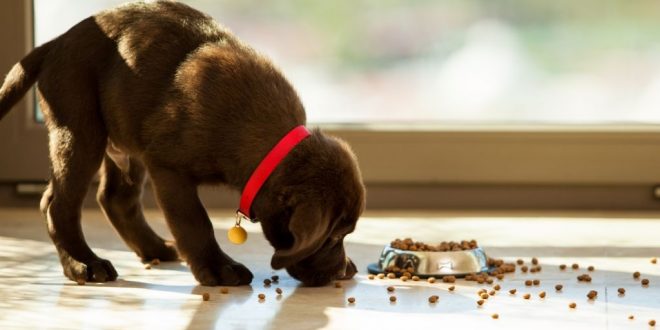
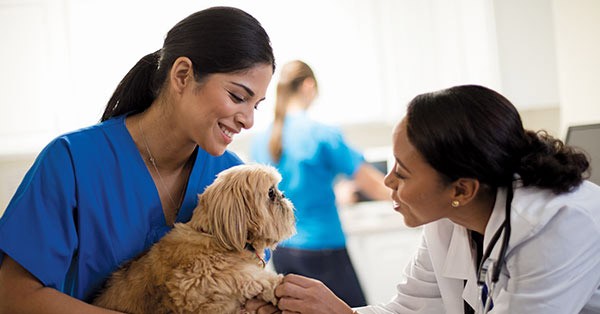
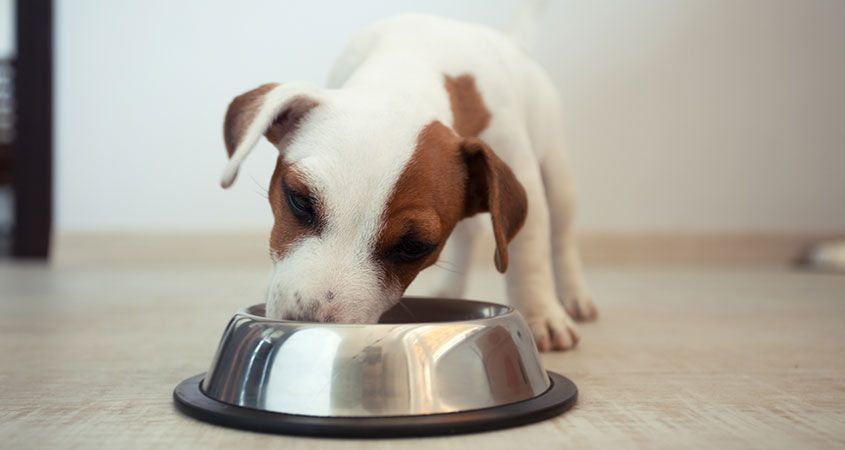
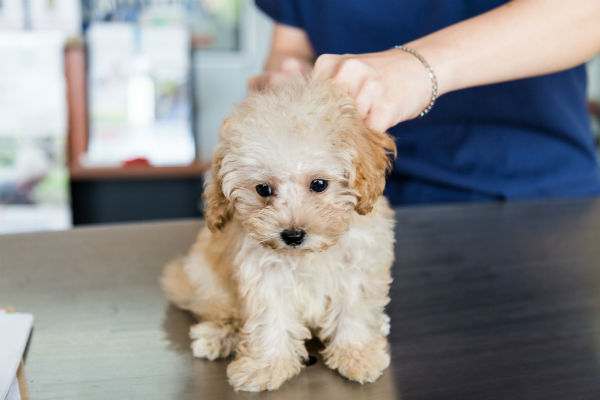

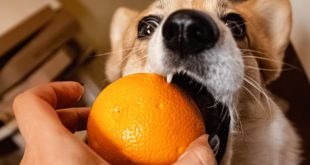

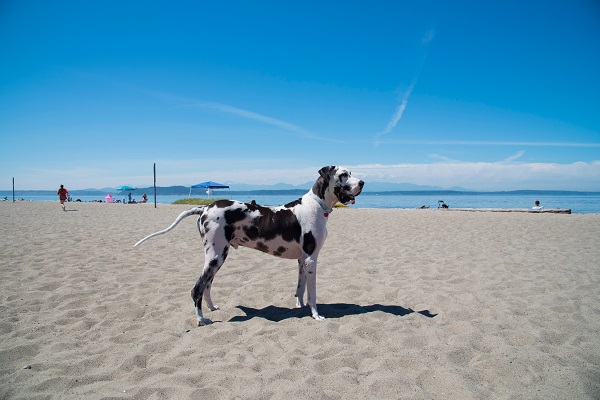












 in Chandigarh, India.
in Chandigarh, India. 

